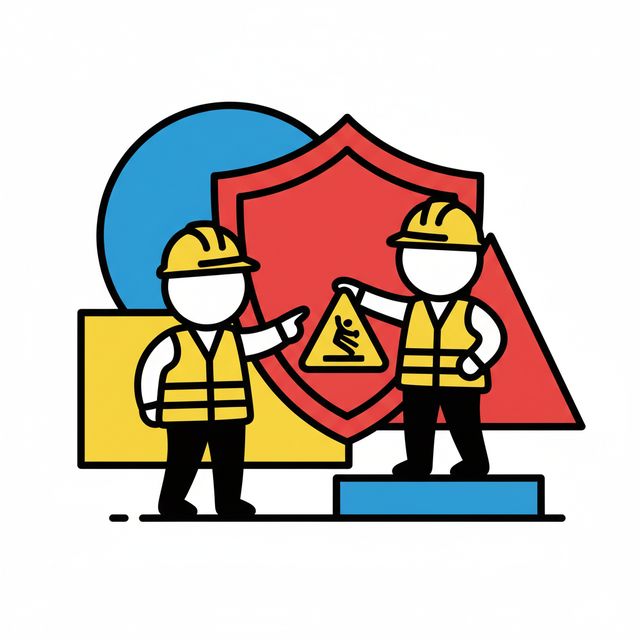Workplace Safety
Workplace safety is the field dedicated to protecting the health, safety, and well-being of employees and preserving the environment in which they work. These considerations might encompass the provision of personal protective equipment (PPE), first-aid, and training in workplace procedures as well as emergency preparedness and response.
The Principles of Workplace Safety
Workplace safety is based on the belief that all employees deserve to work in an environment free from hazards and that employers are responsible for creating a safe workplace. The foundational principles of workplace safety are:
- The right of all employees to work in a safe and healthy environment
- The responsibility of employers to provide a safe workplace
- The importance of training and education for employees on workplace safety
- The use of personal protective equipment (PPE) to prevent injuries and illnesses
- The need for emergency preparedness and response plans
- The importance of accident investigation and reporting
- The need for continuous improvement and innovation in workplace safety
Tools and Technologies of Workplace Safety
There are a variety of tools and technologies available to help employers improve workplace safety:
- Hazard identification and risk assessment tools: These tools help employers identify and assess the risks associated with their workplaces
- Personal protective equipment (PPE): PPE is designed to protect employees from injuries and illnesses
- Emergency preparedness and response plans: These plans help employers prepare for and respond to emergencies
- Accident investigation and reporting tools: These tools help employers investigate accidents and report them to the appropriate authorities
- Safety management software: This software can help employers track safety performance and identify areas for improvement
Benefits of Workplace Safety
There are a number of benefits to workplace safety, including:
- Reduced risk of injuries and illnesses: A safe workplace reduces the risk of employees being injured or becoming ill
- Improved productivity: A safe workplace can improve employee productivity and morale
- Reduced costs: A safe workplace can reduce the costs associated with injuries and illnesses
- Improved employee morale: A safe workplace can improve employee morale and job satisfaction
- Enhanced reputation: A company with a strong workplace safety record is more likely to attract and retain customers and investors
Careers in Workplace Safety
There are a number of careers available in workplace safety, including:
- Safety manager: Safety managers are responsible for the overall safety of a workplace
- Safety inspector: Safety inspectors conduct inspections to identify and assess risks
- Industrial hygienist: Industrial hygienists measure and assess environmental hazards
- Ergonomist: Ergonomists design and evaluate workplaces to reduce the risk of musculoskeletal disorders
- Emergency preparedness coordinator: Emergency preparedness coordinators develop and implement emergency preparedness plans
How Online Courses Can Help
Online courses can provide you with the knowledge and skills you need to work in workplace safety. These courses can teach you about the principles of workplace safety, the tools and technologies used to improve workplace safety, and the benefits of workplace safety. Online courses can also help you develop the skills you need to work in workplace safety, such as hazard identification and risk assessment, accident investigation, and emergency preparedness.
If you are interested in a career in workplace safety, online courses can help you get started. There are many different online courses available, so you can find one that fits your needs and interests. Online courses can be a great way to learn about workplace safety and develop the skills you need to work in this field.


